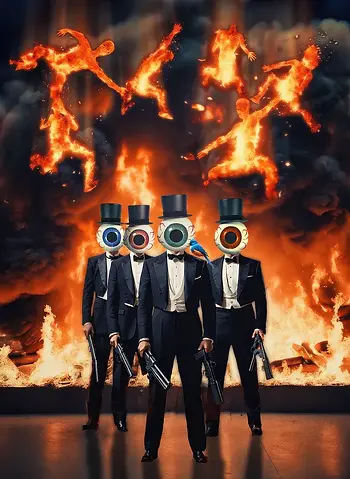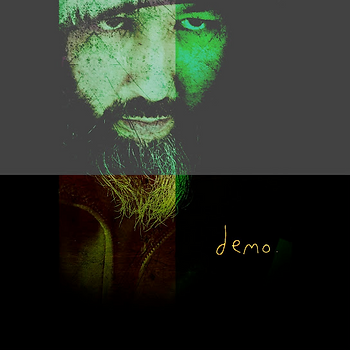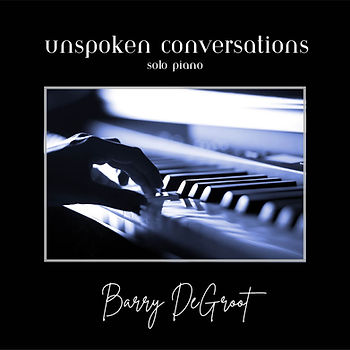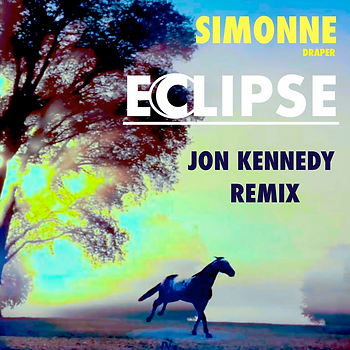
The singing of birds and the sound of a water stream, accompanied by a soothing cello, set the prelude for The Residents’ new album, Doctor Dark. The cello line develops into a string accompaniment, playing a melodic pattern that reappears multiple times throughout the album. This serene introduction is soon disrupted—brass instruments enter with harsh harmonies, shifting the mood dramatically. A brief moment of silence follows, only to be shattered by a violent soundscape of pounding percussion, distorted electric guitars, and chaotic textures—an abrupt departure from the tranquility of just seconds before. The distorted vocals eventually give way to strings, but this time, the strings tremble with disgust and fear. The first piece ends with the singer’s lonely voice repeating, “I hate me, I hate me, I hate me too.”
The three-act operatic mega-album by The Residents is a masterpiece—a meticulously composed work that merges orchestral grandeur with metal’s raw intensity, all within an avant-garde framework.
The sheer unpredictability of Doctor Dark is what makes it so captivating. Each moment feels like an unstable bridge between beauty and chaos, between structure and entropy. Just as one finds solace in a delicate orchestral passage, it is torn apart by walls of distortion, metallic clangs, and guttural vocal deliveries. The Residents have always been architects of discomfort, but here, their command of dynamics and contrast reaches new heights.
As the album progresses, the interplay between the classical and metal elements becomes more apparent. The lush, sweeping orchestration is not merely decorative—it is foundational, shaping the emotional weight of the album just as much as the harsh industrial guitar tones and percussive onslaughts.
Tension is my absolute favorite track on the album. Its unsettling harmonic development and minimalistic texture are reminiscent of Philip Glass’s Akhnaten. In fact, the entire album feels more like a modern operatic work than a metal record. It is, in essence, a distorted classical opera. Just as Prokofiev once described Stravinsky as “Bach on the wrong notes”, I would describe The Residents as a distorted Philip Glass. Their musical output is vastly different in style, yet something about the spirit of their music—the relentless repetition, the hypnotic patterns, the sense of inevitability—feels deeply connected.
The Residents understand the power of repetition—not as mere musical recycling but as a force of inevitability. Motifs return, patterns reappear, yet each time, they are altered, corrupted, or distorted.

The final act is perhaps the most harrowing. Where earlier movements oscillate between grandeur and violence, here the elements collapse into a nightmarish dreamscape. Silence is just as unsettling as sound, and the music no longer provides resolution—only more questions. The voice of the lone survivor, Mark, drifts in and out, swallowed by the abyss, as if his fate has been left unresolved.
Doctor Dark starts with a shiver, rising from self-hatred. It develops into total distortion—a realm of chaotic soundscapes—and ends in somber gloom, where darkness consumes every single note.
With Doctor Dark, The Residents have sculpted an experience, a sonic world where existential dread is not just a theme but a tangible presence. It is a work of contradictions: metal and opera, beauty and horror, clarity and distortion. It is, in many ways, the most Residents thing The Residents could have ever made.
#TheResidents #DoctorDark #AvantGarde #ExperimentalMusic #ModernOpera #MetalMeetsClassical #DarkOpera #PhilipGlass #IndustrialMusic #Soundscape #UndergroundMusic #CinematicOpera #MusicReview #ExperimentalRock #PostmodernMusic







